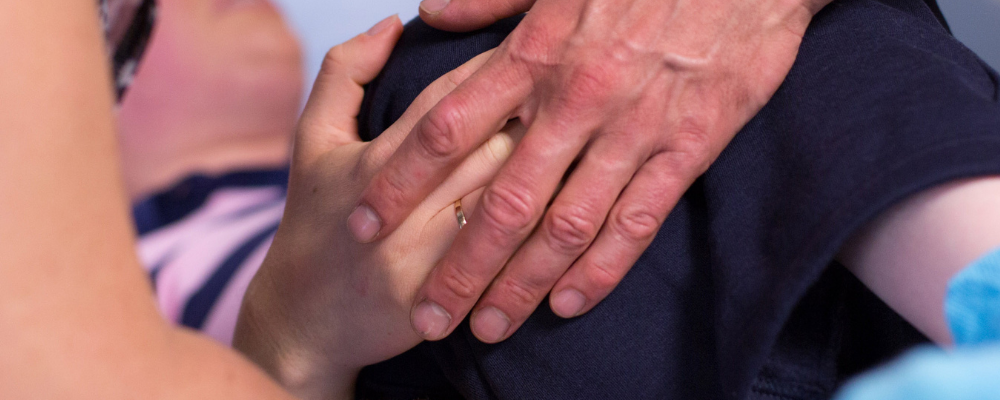On 10 January, the Neurological Alliance of Scotland (NAoS) in conjunction with Self-Directed Support Scotland have published three factsheets to help raise awareness of Self-Directed Support amongst three groups who are in a position to support people living with a neurological condition, including cerebral palsy.
Self-Directed Support (SDS) is the way social care services and support are delivered in Scotland. It aims to give people choice and control over their own support and can be accessed by children, adults and unpaid carers.
The three fact sheets are:
1. Self-Directed Support for adults: Information for Health and Social Care Professionals
2. Self-Directed Support for adults: Information for the Voluntary Sector
3. Self-Directed Support for children: What to Expect – Information for Parents
The Neurological Alliance of Scotland is an umbrella body of organisations that represent people with a neurological condition and those who support them. Commenting on the factsheets, Alice Struthers, Programme Director of the Neurological Alliance of Scotland said:
“We are pleased to publish these three factsheets in collaboration with SDS Scotland. People living with a neurological condition are some of the most vulnerable in society and many are struggling to get by, particularly at the moment with the cost-of-living crisis. By guiding key workers and parents to clear, accessible information, we want to enable people with neurological conditions to understand how to access the support they need, how to uphold their rights and how to exercise the choices they have over that support. SDS is not only available to those with neurological conditions – it is also an option available to carers. We want to see more people being provided with the support that they need to live independently at home and in their communities.”
Mark Han-Johnston of Self Directed Support Scotland (SDSS) said:
“Self-Directed Support has been the mainstream approach to delivering social care in Scotland since 2014. However, we are still aware that many people struggle with navigating the social care system and knowing where to go to get started. We hope these factsheets will help more people understand their rights and how to access the support they need, and to be able to exercise choice and control over that support. One of our main priorities as an organisation is to increase access to SDS for people that still face significant barriers when trying to do so. We are therefore delighted to have worked with the Neurological Alliance of Scotland to ensure more people with neurological conditions and their families, get the support they need.”
